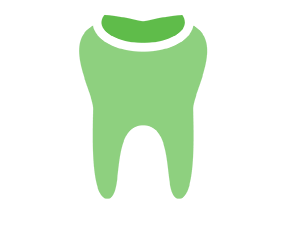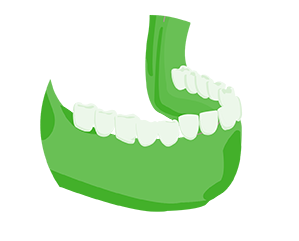At some point in their lives, most women experience menopause. When complete, menopause can cause meaningful changes to a person’s body – including their oral health.
So if you’re coming up on menopause, just gone through it, or experiencing it right now – take a minute to consider what it could mean for your oral health, and how you can stay healthy throughout.

1. Burning Mouth Syndrome
If you aren’t familiar, this condition is basically exactly what it sounds like. Often characterized by a burning sensation in the mouth, as if the tongue, lips, cheeks, or whole mouth was being scalded, the cause of burning mouth syndrome is yet unknown. While there’s no known way to prevent the syndrome, you can help reduce the symptoms by avoiding carbonated drinks, spicy foods, tobacco use and excessive stress. Learn more from the Mayo Clinic.

2. Gum Disease
Keep an eye on your gums. If they become very red and seem swollen or your teeth become loose, you may have developed gum disease (also known as periodontal disease). This is often an inflammation response to plaque & tartar buildup, and it can be managed. If you suspect you have gum disease, get to your dentist and have them check out your teeth and gum tissue. Learn more about gum disease and how to manage it here.

3. Dry Mouth
Hormonal changes during menopause can cause salivary glands to dry up, creating dry mouth (and maybe even dry eyes). In addition to being uncomfortable, if dry mouth is ongoing, it can cause tooth decay or bacterial infections. To offset dry mouth, try to drink plenty of water and avoid foods and drinks which cause dehydration (sodas, spicy foods, etc.). Consult with your dentist on potential toothpastes, mouthwashes, or gums which may also aid you.

4. Bone Loss in the Jaw
Another effect of menopause can be osteoporosis, which can be linked to periodontal disease, causing bone loss in the jaw. When diagnosed early, treatments may be able to prevent fractures and tooth loss – so be vigilant with your doctor to detect dental problems early, be sure to brush and floss regularly, and keep your regular appointments with your dentist.





